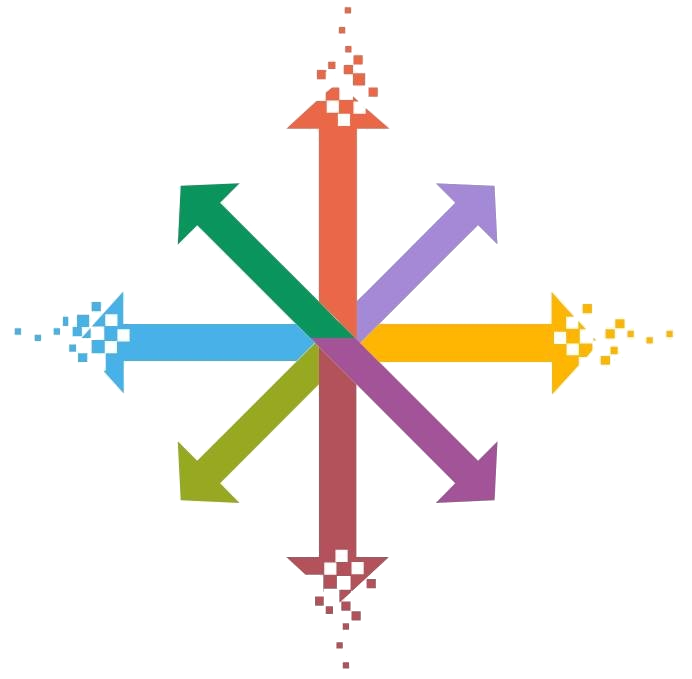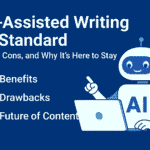Artificial Intelligence (AI) has become a central topic in discussions about the future of work, especially in software development. With AI-powered tools capable of writing code, generating documentation, and even suggesting bug fixes, a question naturally arises: Will AI make developers obsolete? The answer is straightforward—no. AI is a valuable aid, but it cannot replace the depth of expertise, creativity, and problem-solving ability that human developers bring.
1. What AI Can Do for Developers
AI has made significant progress in automating routine tasks. Tools like GitHub Copilot, ChatGPT, and other code-generation platforms can:
- Generate Boilerplate Code: Quickly create repetitive structures such as API endpoints, HTML templates, or simple functions.
- Assist in Debugging: Suggest possible fixes for common syntax and logic errors.
- Enhance Productivity: Provide code snippets, libraries, or frameworks that speed up development.
- Automate Documentation: Generate inline comments, function descriptions, and test cases.
These capabilities allow developers to save time on repetitive work and focus on more complex challenges.
2. Why AI Cannot Replace Human Developers
While AI tools are useful, they have fundamental limitations:
a. Lack of True Understanding
AI operates based on patterns in existing data. It does not “understand” project goals, business requirements, or user needs in the way humans do. Software projects require more than just code—they demand strategic thinking and alignment with long-term objectives.
b. Inability to Handle Complex Architectures
Enterprise applications involve integration across multiple systems, security considerations, scalability planning, and compliance with industry standards. AI cannot independently make these architectural decisions.
c. Limited Contextual Awareness
Developers often work with complex problem statements that include ambiguous requirements, changing priorities, and real-world constraints. AI-generated suggestions often lack this broader context.
d. Ethical and Legal Responsibility
Code written by AI may unintentionally include vulnerabilities, violate licenses, or produce insecure logic. A human developer must review, validate, and take responsibility for the final product.
3. AI as a Collaborative Tool
Instead of viewing AI as a threat, developers can leverage it as a collaborative assistant:
- Rapid Prototyping: Quickly test concepts without manually writing every line.
- Learning Support: New developers can understand syntax and best practices faster by using AI-guided examples.
- Code Review Assistance: AI can highlight possible issues that a human can further analyze.
- Task Automation: Repetitive tasks like formatting, documentation, and small fixes can be offloaded to AI.
4. The Future: Developers Who Use AI Will Replace Those Who Don’t
The key point is not whether AI will replace developers—it won’t. But developers who understand how to integrate AI tools into their workflow will have a significant advantage in terms of speed, efficiency, and competitiveness.
5. Final Thoughts
AI is not useless for developer jobs—it is a powerful productivity booster. But it is also not a full replacement for the expertise, creativity, and problem-solving ability that software engineering demands. The future belongs to professionals who learn to collaborate with AI rather than compete against it.









